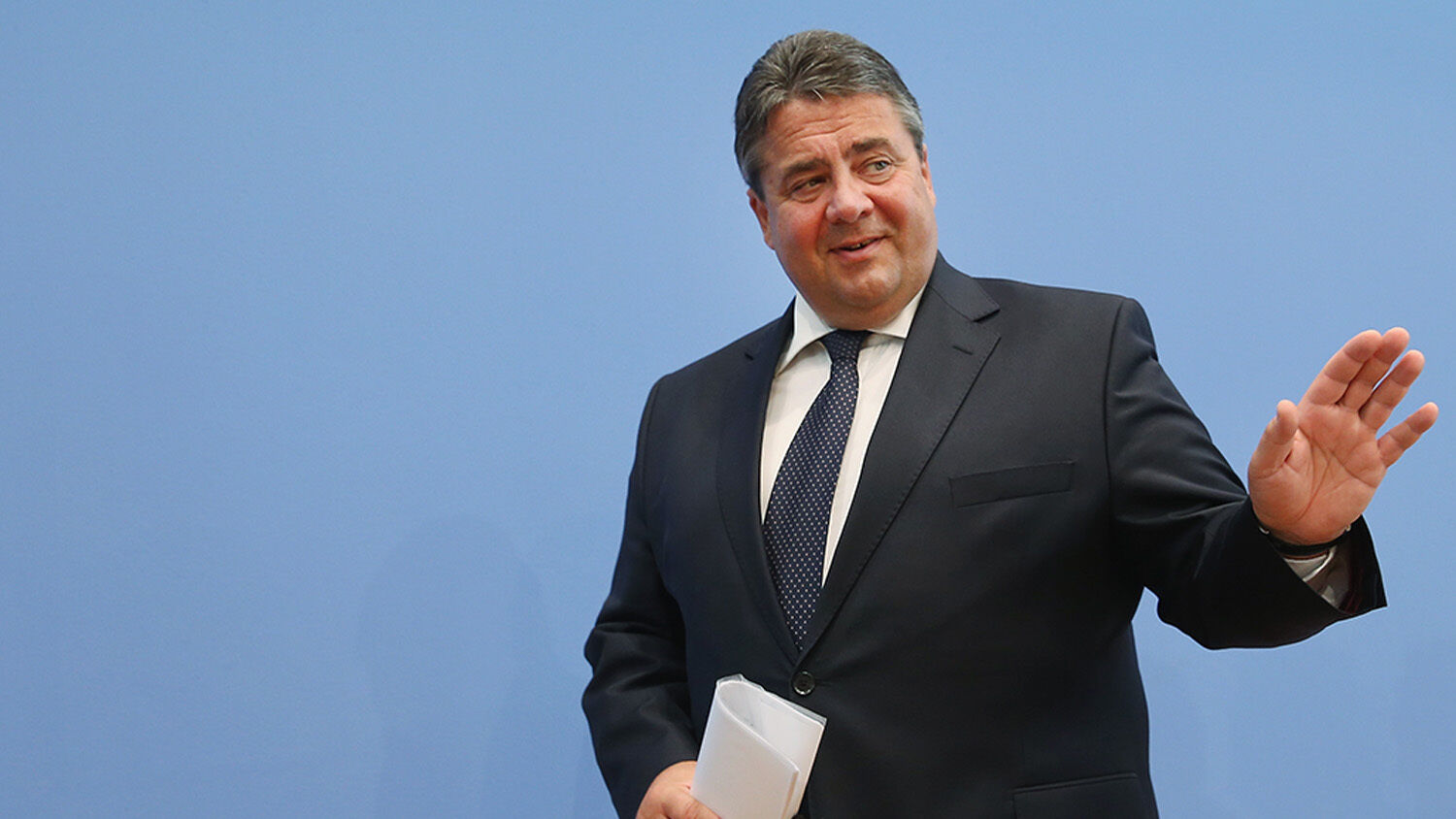
German Foreign Minister Opposes U.S. Demands Ahead of NATO Summit
German Foreign Minister Sigmar Gabriel said on March 31 that he rejects the United States guidelines on nato spending. Gabriel’s remarks came after U.S. Secretary of State Rex Tillerson demanded a clear outline from nato member states on how they plan to meet the goal that member states agreed to at a 2014 summit: to devote 2 percent of annual gross domestic product to military spending. Germany currently spends only about 1.2 percent of its annual gdp on its military.
“I consider it completely unrealistic to think that Germany will achieve a defense budget of over €70 million per year,” Gabriel said on Friday, adding in jest, “I don’t even know where we would put all the aircraft carriers” (Trumpet translation throughout).
Gabriel also recalled the 2014 nato summit in Wales, where it was agreed that members did not have to immediately accomplish the objective of spending 2 percent of gdp, but instead each would work its way toward that goal. “I don’t know of a single German politician who believes that this is either achievable or desirable,” he said. Gabriel explained that Germany is already the financial powerhouse in Europe and that spending €70 million (us$74.6 million) on its military would also make it a military powerhouse, which would frighten its European neighbors. Spiegel Online characterized the foreign minister’s reaction as “Gabriel rebels against Tillerson.”
Gabriel agreed, however, that Germany would have to increase its military spending beyond current levels, that Europe must cooperate more, and that Europe must involve itself more in foreign politics. For information on how Germany has already worked to create a more unified, more efficient and more independent European military, read “German Army Continues to Swallow Its Neighbors.”
German Defense Minister Ursula von der Leyen differed from Gabriel, however, and agreed that Germany should in fact raise its military budget to meet the 2 percent mark. But she opposes U.S. President Donald Trump’s remarks that nato is obsolete and that Germany owes nato.
Remarks like this have caused much confusion among German politicians. The confusion has grown into distrust, and the distrust into rebellion toward American leadership. Trumpet editor in chief Gerald Flurry discusses where this trend is leading in “The Significance of Germany’s Break From America.”
Even as Germany faced defeat in World War ii, Herbert W. Armstrong forecast that it would become exactly what Gabriel mentioned: a military powerhouse that would dominate Europe.
Tillerson’s demand opens the door for this to happen. One of the reasons nato was created was to stop German dominance. But you can expect Germany to eventually spend 2 percent of its gdp—and much more—on strengthening its military and for it to increase its integration with and leverage over Europe’s other militaries.
Bible prophecy indicates that, one way or another, Germany will do exactly what Secretary Tillerson and the U.S. want. Germany will increase its military capacity. So will Europe. Questioning nato’s existence and especially American financing of nato makes sense financially, but asking Germany to grow militarily is unwise strategically. The U.S. will regret its approach.
